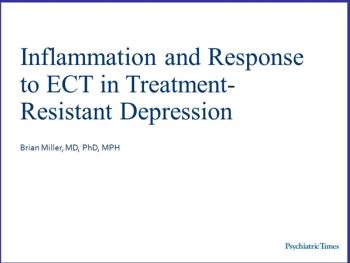
ECT is a highly effective treatment for depression, but a portion of patients fail to respond as hoped. Clinical variables have overall limited utility as a predictor of response. Is inflammation the key?


ECT is a highly effective treatment for depression, but a portion of patients fail to respond as hoped. Clinical variables have overall limited utility as a predictor of response. Is inflammation the key?

A gentle reminder to patients of all ages to “get moving” may go a long way in decreasing the risk of future depression.
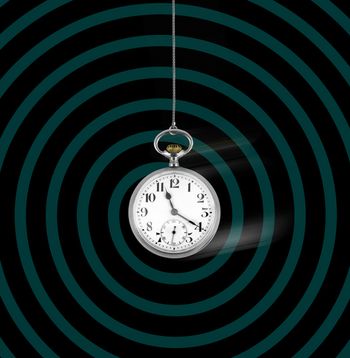
The thorny issue of “end-of-life care” is likely to remain controversial in the US, with physicians themselves holding a wide variety of views.

A multi-level, prevention-oriented approach that addresses poverty.
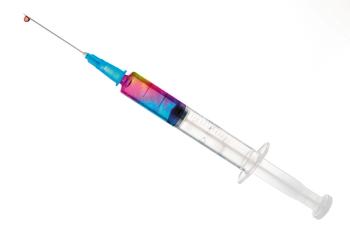
An exploration of findings from contemporary research that hint at the unexplored hallucinogenic potential of ketamine and considerations for future investigation.

In the final part of our discussion with Janae Sharp, Janae further discusses the loss of her physician husband to suicide and how best to support others through grief.

The studies reviewed in this article provide a new model for clinical practice-one where the treatment of depressed patients is not governed by trial and error, but rather where patients can access new interventions sooner.

With greater expertise in user experiences, psychiatrists can position themselves to more strongly guide technology companies in building and implementing better apps.

The authors review basic neuroendocrine function and the evidence base of hormonal contribution to psychiatric symptoms in PCOS, PMDD, and perimenopause. They also offer strategies for psychiatrists for both clinical assessment and management of women with neuroendocrine dysfunction.
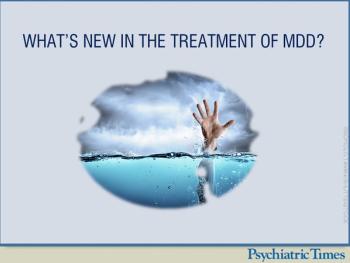
The latest news in the treatment of depression covers patient self-management apps, antidepressant efficacy in older adults, and strategies to improve adherence.

Here: an alternative to the trial-and-error method that can boost treatment response rates.

For ethical and economic reasons, when patients are acutely ill with catatonia and melancholia, ECT is best considered sooner rather than later.
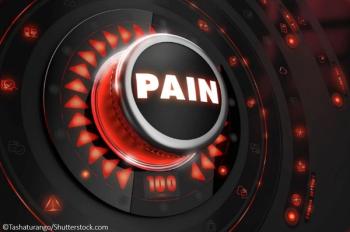
Psychiatrists may be able to contribute to the care of patients with DM by understanding this problem and its proper treatment. Here's a quiz to test your knowledge.

MAOIs deserve special consideration in the treatment of refractory depression. Here's a case in point.
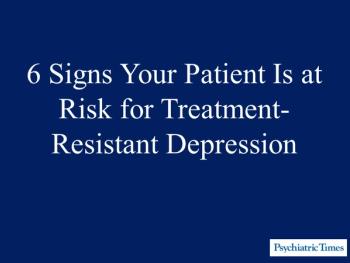
What factors predispose patients to TRD and what treatment strategies achieve response? Find out here, with a bonus case vignette.

The author presents a fictionalized case based on a real patient to encourage colleagues to pursue psychodynamic psychiatry.

This article explores how motivational pharmacotherapy and motivational enhancement therapy can galvanize depressed patients to get well.

Successful culturally adapted interventions to improve adherence among Latino patients with depression and schizophrenia confirm how important it is to understand a patient’s entire sociocultural environment.

Here: a plethora of treatment options, including mood-lifting stabilizers, non-antidepressants, psychotherapy, and lifestyle interventions.

If you haven’t seen the series or heard media coverage about it, the 13 reasons are a series of 13 audiotapes made by the character, Hannah Baker, to be listened to by the 13 people she felt in some way contributed to her decision to kill herself.

If larger trials confirm the strong antidepressant effects observed so far, botulinum toxin may become a standard therapeutic addition to the psychiatric armamentarium.

In Get Out, director/writer Justin Peele’s provocative debut, the bodies snatched are African American (mostly robust males); the cannibals of consciousness are white residents of an affluent Baltimore suburb, where the living is easy and the politics fashionably progressive.
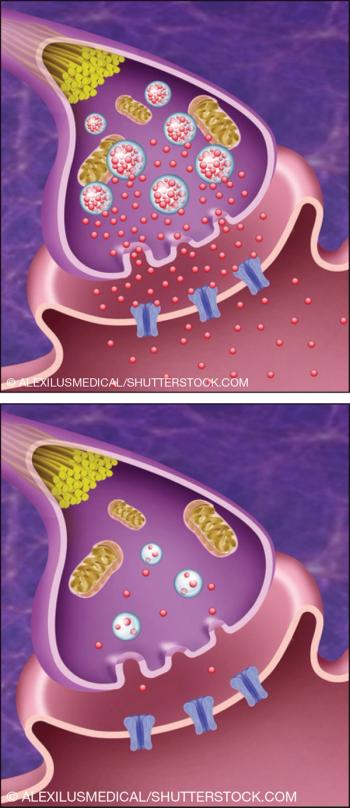
We’ve been waiting since 1953, the year chlorpromazine was introduced to the US as a revolutionary treatment for schizophrenia, for an active treatment for tardive dyskinesia that the FDA judged to be effective.

Your patient is excited to be pregnant. She is currently on sertraline, and has been stable on this for many years. She is very insistent that she would like to stop her medication. What should you do?

The looming specter of emotional and physical exhaustion in residency often takes hold well into a physician's career. So what are we doing about it?